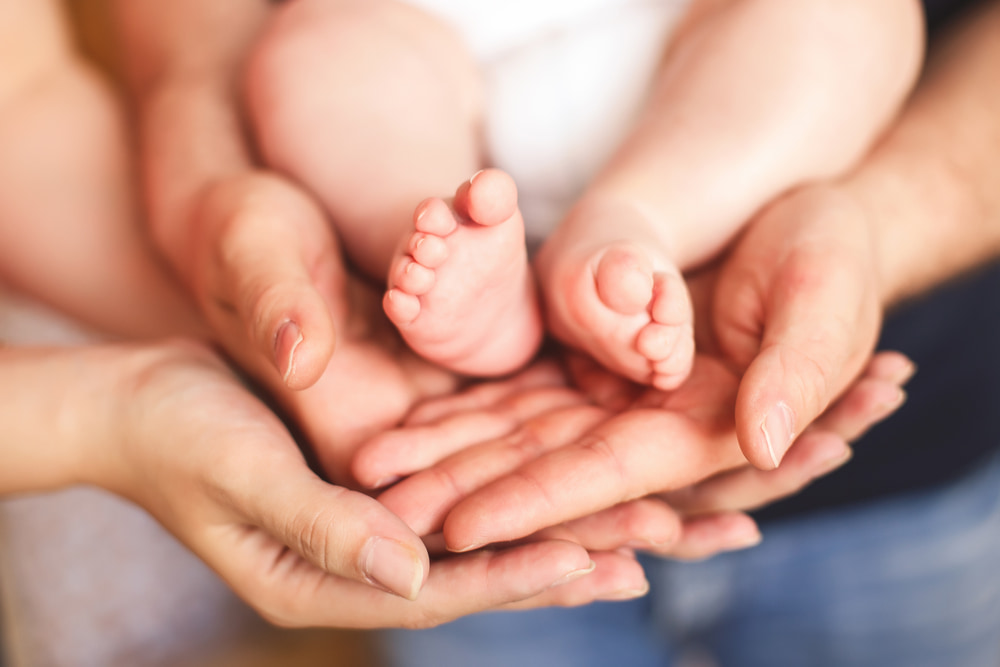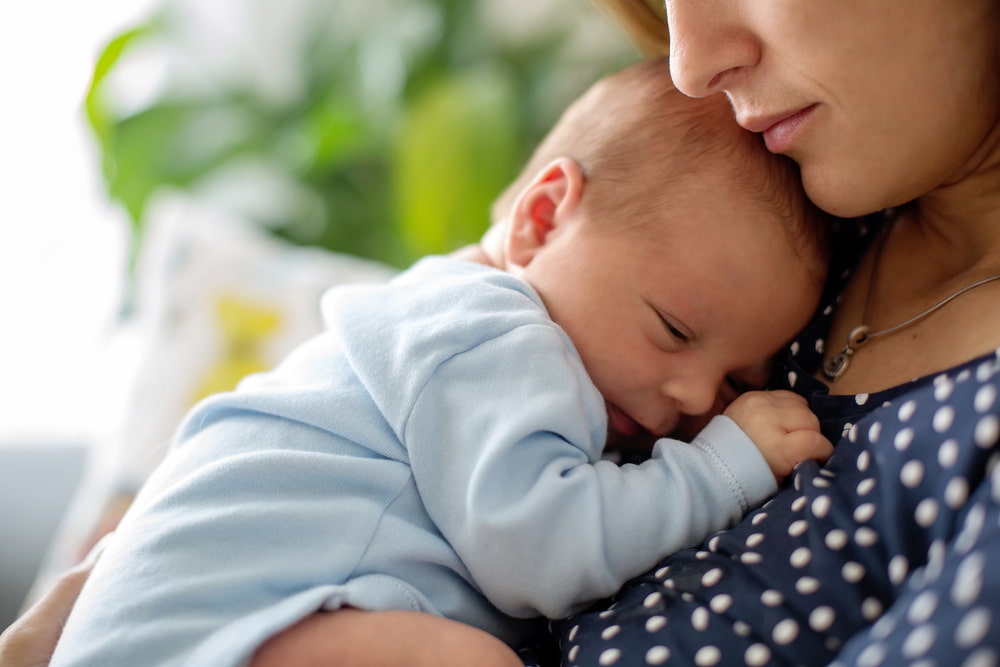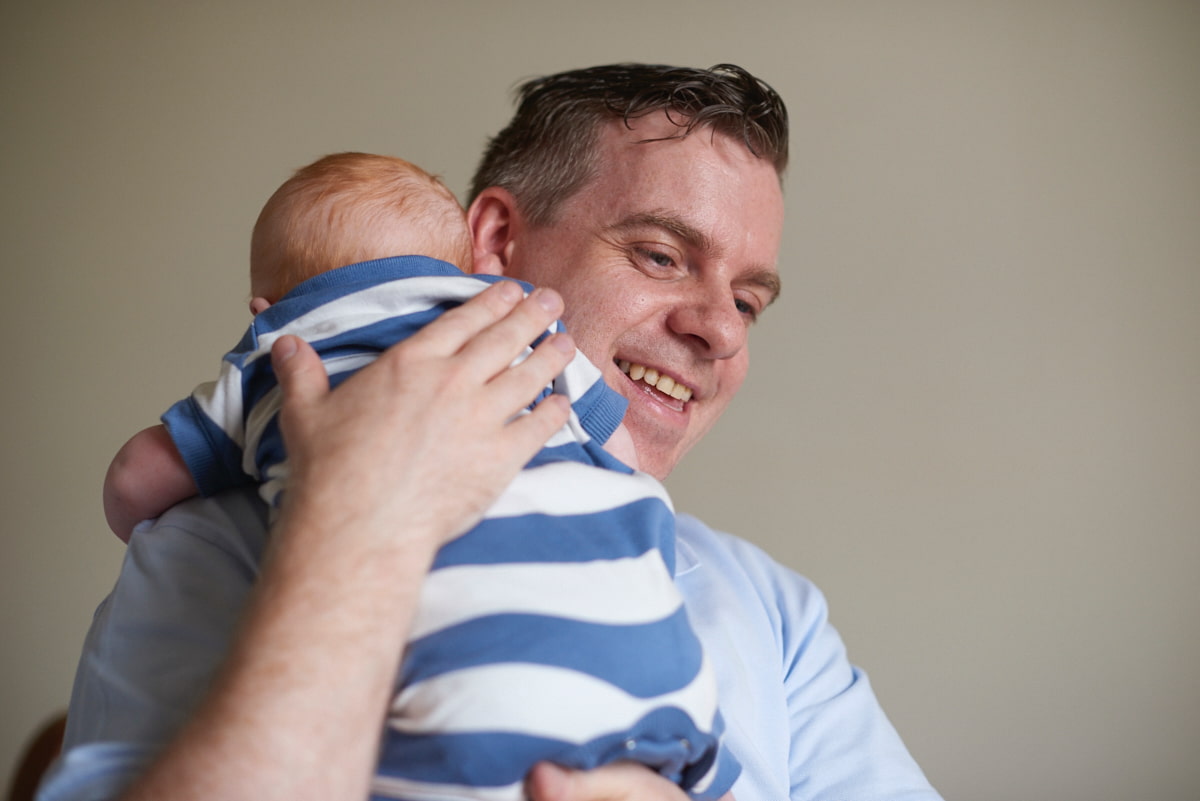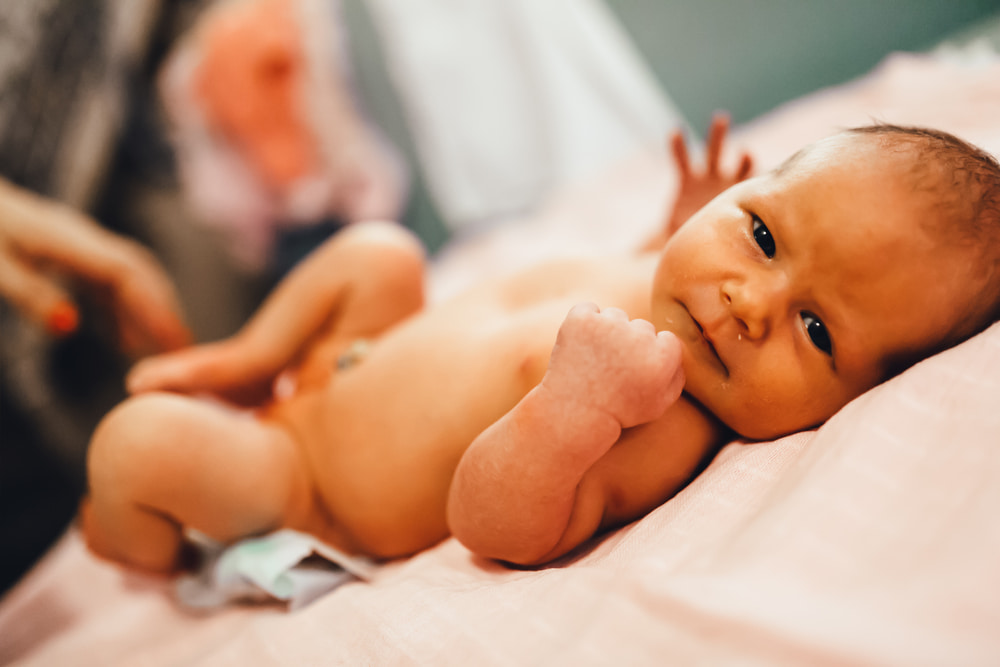Although everything has been leading up to the moment when you leave hospital and take your baby home, it’s probably still a bit of a shock when it finally happens! So don’t worry if you’re feeling a bit nervous to start with – it’s understandable. The good news is that you’ll have plenty of expert help around you in the first ten days, with your midwife or health visitor dropping in to check that everything’s going well, and answer any questions you might have. We’re here to help you too, with some top tips for those early days.
What the parents say
“I just think spending that time with them, taking that time, even reading stories, even when they’re just little. Even though they don’t know exactly what you’re saying, but they still know your voice, and it’s just the loving touches, the playing and talking and stroking them and stuff like that that they love and it just builds the bond.
"Being a first time mum is really daunting, you’re not sure, it’s the first time you’ve done anything, you’re worried about if you’re doing something right or if you’re meeting their needs and everything. I suppose sometimes you feel guilt as a mum as well; I always feel guilty for doing stuff for me, I don’t know, but it just comes across if I go out and I buy myself something instead of buying Calen something or if I go out for a few hours I feel guilty for leaving him with Grandparents or whatever. But, Shaun, he’s really reassuring, he makes sure that I know that I’m a good mum and he’s a great dad as well, and so I can’t fault him.”
Kellie, Mum of 1
What the professionals say
“Keep in mind the other people in the community – there are loads of groups out there, and loads of other parents that feel like they’re in the same situation, so they’re all reaching out to do the same thing.”
Pamela Murray, Family Nurse and Midwife
“I think parents think a lot about what equipment they want to buy for their baby and what toys they’re going to buy and I would say for a newborn baby the thing that they want most is you and their favourite toy is your face, and actually the way you hold your baby and the way you look at your baby is the most important thing and in the first few weeks you don’t really need much more than that.
“Just relax about that and just spend time getting to know your baby because the more you get to know your baby, the more the baby gets to know you, that’s when the bond really strengthens”
Caroline Holden, Family Nurse
"I would encourage mums to consider the positioning of their baby and to position their baby for success. It can be incredibly useful to see their face so you might be able to anticipate before a baby gets into a full cry.
"Babies often cry as a late stage in trying to communicate with you when they need help. That’s why it’s always a good idea to pick your baby up if they are showing signs of discomfort, or appear unsettled. The sooner you respond, the less likely they’ll need to cry. If your baby is crying, they are trying to communicate with you and tell you something - so pick them up as soon as you can and give them a cuddle."
Lesley Weir, Family Nurse
“Babies are very communicative! You’ll find that if you are responsive to your baby, and inquisitive about what they are trying to tell you, you’ll be able to react as quickly as possible to their needs and they’ll stay settled.”
Pamela Murray, Family Nurse and Midwife
“The more skin to skin and close contact that parents can get with their child, the less likely the baby is to cry for long periods of time.”
Gemma Nealon, Midwife
"By noticing those little cues that your wee one is hungry - or maybe something else is wrong - and responding before they become upset, you can avoid trying to feed a baby who has become distressed.”
Linda Wolfson
More information
To find out more about health visitors and the health checks your baby can get, speak to your GP or health visitor or visit Ready Steady Baby.
There’s also more information on how to settle your baby and change nappies.




